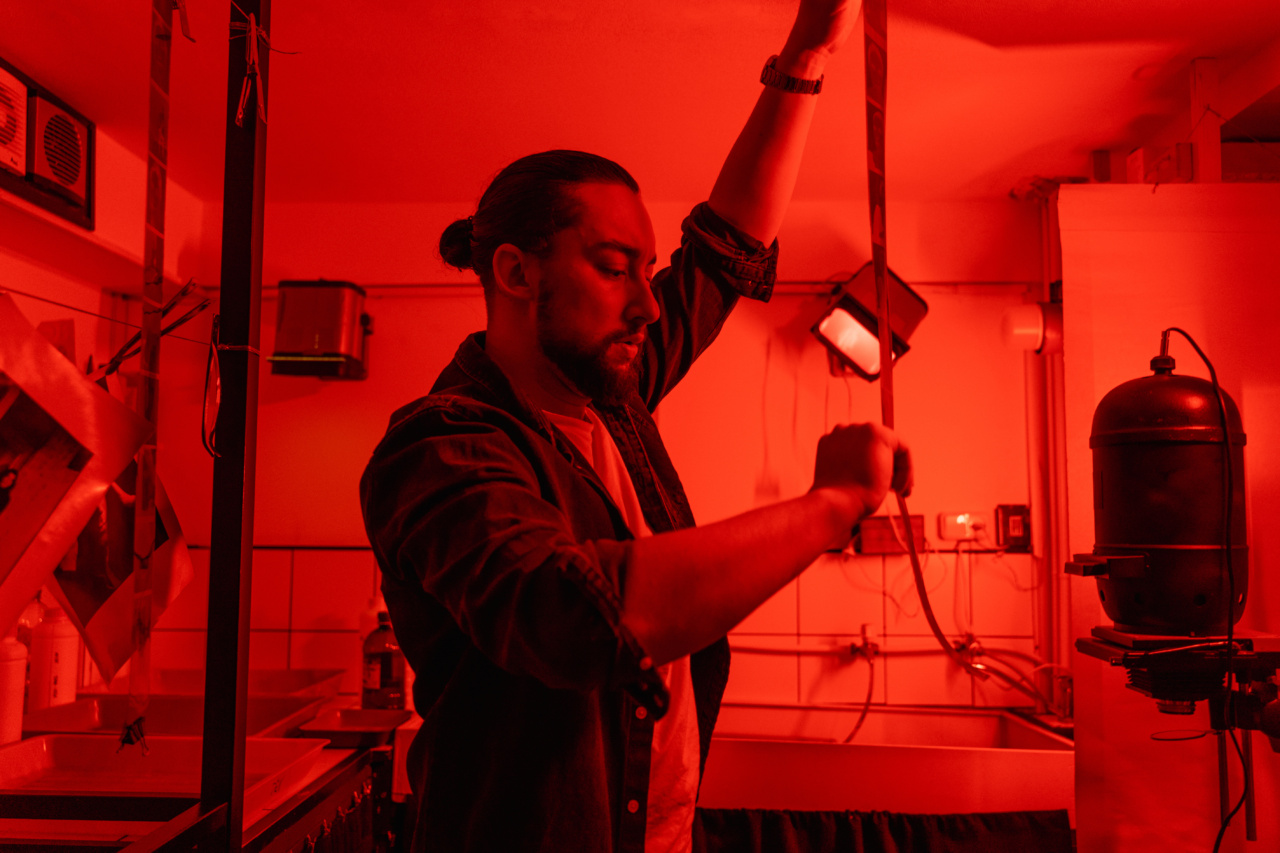Working overnight shifts, commonly known as the graveyard shift, can have several negative impacts on one’s mental and physical health.
While many jobs may require individuals to work overnight, it is crucial to understand the potential consequences of working during this time frame. In this article, we will discuss the negative effects of working overnight shifts.
Disrupting the Body Clock
Our body has a natural 24-hour cycle often referred to as the body clock or circadian rhythm. The body clock regulates essential functions such as sleeping, waking, hormone production, and digestion.
Working overnight shifts disrupts the body’s natural rhythm, making it challenging to maintain a healthy sleep schedule. Individuals who work graveyard shifts often struggle to fall asleep during the day and stay awake at night, leading to insomnia and sleep deprivation.
Increased Risk of Cardiovascular Disease
Research has revealed that working overnight shifts is associated with a higher incidence of cardiovascular diseases such as heart disease or stroke.
Shift work can cause a hormonal shift in the body, leading to increased levels of cortisol, which is a stress hormone. This, in turn, can lead to high blood pressure, increased cholesterol levels, and weight gain, all of which increase the risk of cardiovascular diseases.
Increased Risk of Mental Health Issues
Working overnight shifts is also linked to an increased risk of mental health issues such as anxiety and depression.
Shift workers often experience social isolation and disconnection from their families and friends, leading to feelings of loneliness and depression. Night shift workers frequently experience low morale, increased irritability, and mood swings, leading to heightened anxiety levels.
Additionally, fatigue and sleep deprivation can worsen mental health issues, leading to a negative impact on an individual’s overall well-being.
Disrupted Digestive System
The human digestive system is designed to work efficiently during the daytime. When we eat at night, our digestive processes can slow down, leading to discomfort, bloating, and eventually, digestive disorders.
Studies have shown that working overnight shifts is associated with a higher incidence of gastrointestinal problems, such as irritable bowel syndrome and acid reflux.
Increased Risk of Accidents
Working overnight can lead to a higher risk of accidents due to sleep deprivation and fatigue. The human body naturally produces the hormone melatonin, responsible for promoting a good night’s sleep.
Working overnight shifts reduces melatonin production, leading to sleep deprivation and decreased reaction time. This lack of alertness can lead to accidents, both on the job and while commuting to or from work.
Increased Risk of Cancer
Research has linked working overnight shifts to an increased risk of certain types of cancer, including breast cancer and prostate cancer.
Experts believe that this is because the hormone melatonin has antioxidant properties, and its production is disrupted when we work overnight. This disruption can increase cell damage and increase the risk of certain cancers.
Disrupted Social Life
Working overnight shifts can negatively impact an individual’s social life.
Shift workers often struggle to participate in daytime social activities with family and friends and miss out on important events such as weddings, birthdays, and other celebrations. Social isolation can lead to feelings of loneliness and depression, further exacerbating the negative impact of working overnight shifts.
Increased Stress on Family Life
Working overnight shifts can also put stress on family life. Shift workers may have difficulty maintaining a healthy work-life balance, leading to increased stress and anxiety.
Parents who work overnight may miss critical family time, such as their child’s bedtime, school events, and other activities, leading to feelings of guilt and remorse.
Decreased Productivity and Performance
Studies have shown that individuals who work overnight shifts often exhibit decreased productivity and performance levels.
The body clock disruption and sleep deprivation can lead to reduced cognitive function, decreased attention to detail, and slower reaction time. This can negatively impact an individual’s work, leading to decreased job satisfaction and an increased likelihood of accidents.
Conclusion
Working overnight shifts can have several negative impacts on one’s mental and physical health.
It can disrupt the body clock, increase the risk of cardiovascular diseases and mental health issues, disrupt the digestive system, lead to an increased risk of accidents and cancer, and negatively impact an individual’s social and family life. Employers must consider the potential consequences of working overnight on their employees’ health and well-being and work to mitigate these risks.






























